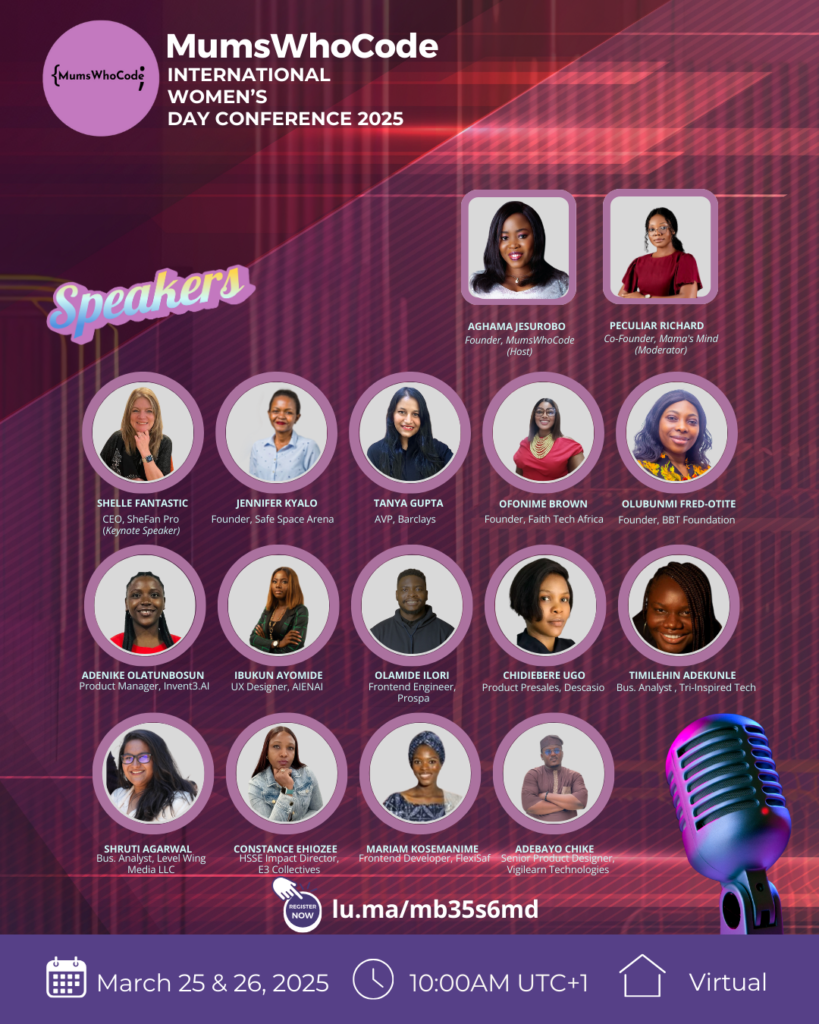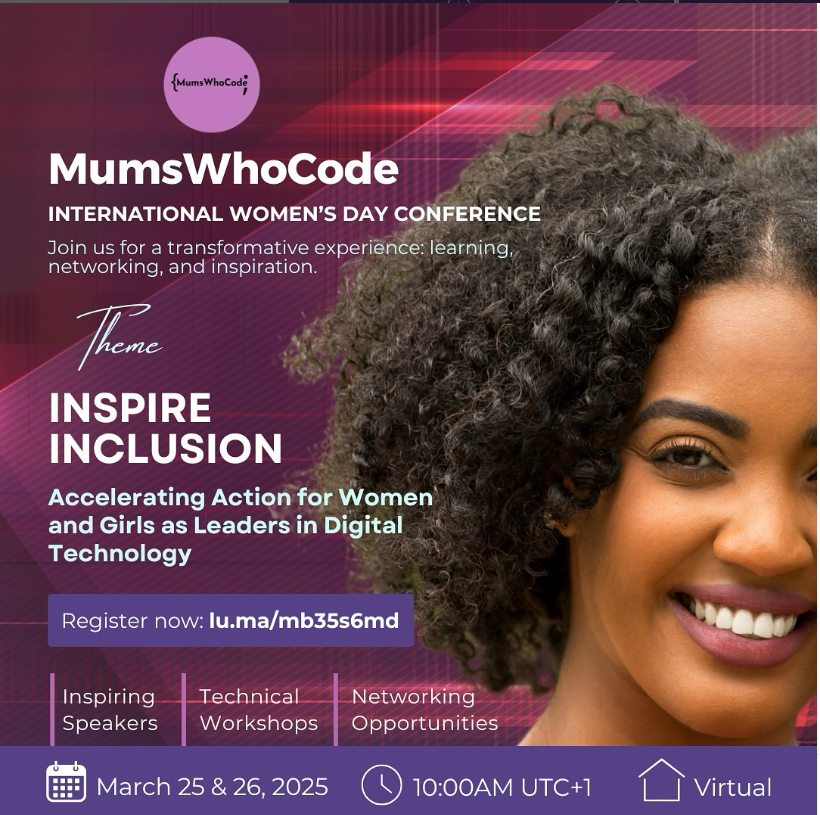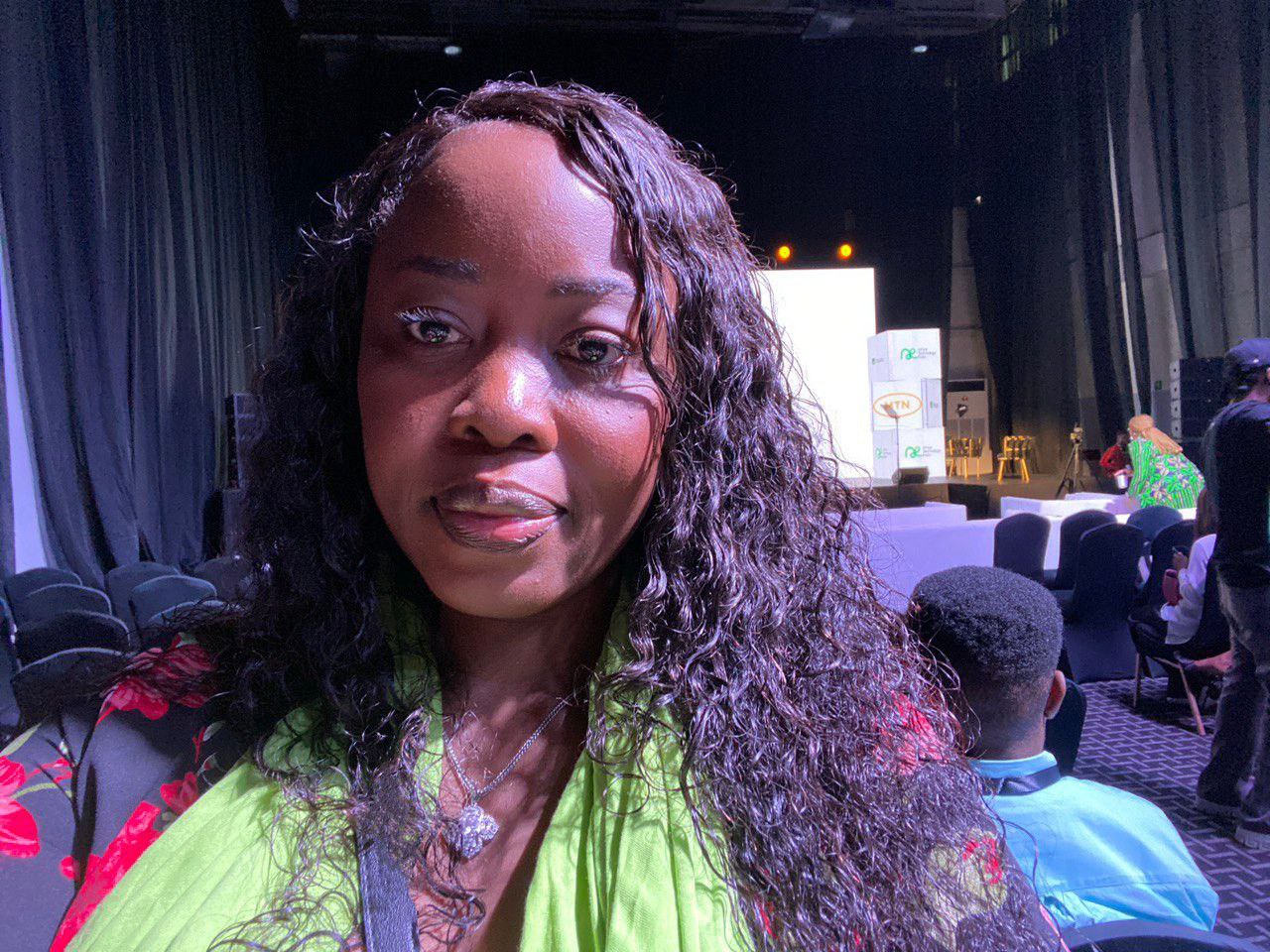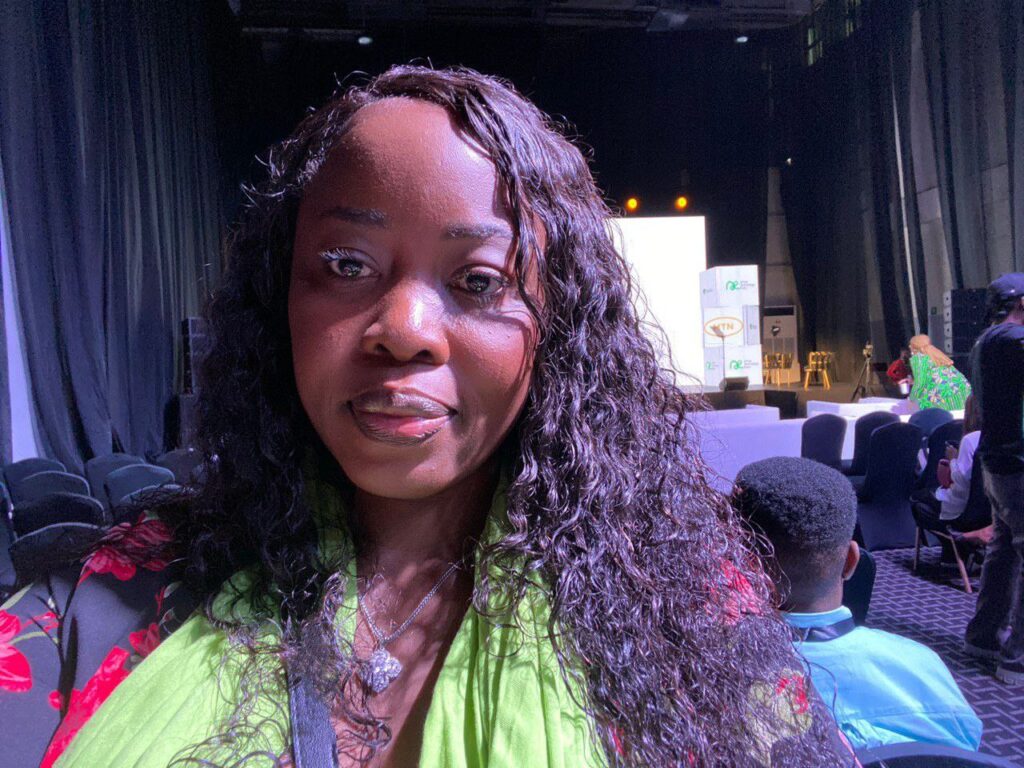MumsWhoCode’s “Inspire Inclusion” Conference: A Powerful Catalyst for Women in Tech
The MumsWhoCode International Women’s Day conference, themed “Inspire Inclusion: Accelerating Action for Women and Girls as Leaders in Digital Technology,” wasn’t just an event; it was a movement. It was a space where women in tech came together to learn, connect, and re-ignite their passion for tech. The energy in the room was palpable, fueled by a shared passion for empowerment and a collective vision for a more inclusive future.
All the sessions were insightful. My major takeaway from the conference is to keep showing up as a startup and don’t pick a skill because everyone else is doing it. – Juliet Iye Jibrin
A Room full of Insights and Inspiration
The conference kicked things with a powerful keynote from Shelle Fantastic (CBE) (CCE), a phenomenal mum of four whose story is a testament to the transformative power of digital skills. Shelle’s journey from her lounge during COVID-19 to building SheFan Pro, a thriving community of over 50,000 and a hub connecting founders with vital resources, was incredibly motivational.
Other leading women and male allies in tech delivered insightful presentations on key topics, each contributing to the overarching theme:
- Tech-Enabled Safety and Innovation: Dr. Constance Ehiozee followed the keynote address with an insightful presentation on leveraging technology for safer and more sustainable workplaces. Constance highlighted the crucial link between safety and sustainability, showcasing how AI-powered smart buildings enhance energy efficiency and air quality, and the importance of energy-efficient coding practices. She challenged the audience, particularly programmers, to prioritize cleaner, low-energy-consuming code.
- Leading the Digital Transformation: Dr. Chidiebere Ugo-Enyinnah set the stage by exploring the transformative power of digital technologies. She didn’t just talk about trends; she sparked a conversation about women’s crucial role in shaping this transformation, urging them to move from consumers to creators. She also acknowledged the unique challenges women face in the tech world.
- Championing Digital Wellbeing: Jennifer Kyalo’s session was a vital reminder of the human element in tech. She brought to light the often-overlooked issue of digital fatigue and provided practical strategies for tech professionals to prioritize their mental and emotional health in our digitally driven world.
- Unlocking Career Potential: Timilehin Adekunle’s session was a masterclass in career navigation. She offered women a roadmap to achieving their ambitions, emphasizing the power of self-discovery, resilience, and the importance of a supportive community. Adebayo Chike Odurinde’s session complemented this by focusing on the importance of taking action and overcoming the paralysis of perfection. His message, “Progress is greater than perfection,” resonated deeply with attendees .
- Empowering the Next Generation: The conference also looked to the future, with speakers like Brighten and Build Teens Foundation passionately advocating for empowering girls in tech. There was a strong call to action to break down barriers and create pathways for young women to thrive in STEM fields.
- Shruti Agarwal‘s session highlighted self-reflection, impact, and strategic AI use. She stressed that creating impact beyond personal achievement leads to fulfillment, a key motivator in one’s career. Additionally, she advised women to actively seek recognition for their contributions to establish their value and create future opportunities.
Beyond the Talks: Dynamic Breakout Sessions
The breakout sessions provided a more intimate and interactive learning experience:
- Day 1: Attendees had the opportunity to deep-dive into specific areas of tech. Tanya Gupta demystified Cybersecurity, Adenike Olatunbosun illuminated the world of Product Management, Ibukun Ayomide-Baafog guided participants through UX Design, and Mariam Kosemani empowered aspiring programmers. These sessions were about more than just information; they were about building skills and confidence.
- Day 2: The focus shifted to career advancement and community building. Olamide Ilori’s mock interview session equipped attendees with the tools to ace their job searches, and Ofonime Linus Brown provided practical guidance on building a community analytics dashboard.
A Celebration of Strength and Solidarity
The conference wasn’t just about the sessions; it was about the connections forged, the stories shared, and the collective energy of women supporting women. From Shelle Fantastic’s inspiring keynote about building a thriving tech business to the closing remarks, the message was clear: women can lead in tech and we don’t have to wait for external validation. Let’s accelerate action towards gender balance in digital technology.
A huge thank you to all our speakers, partner – Mamas Mind By Nurma Health, and sponsors for this impactful event!
I look forward to another exciting experience. It was WOW! – Oluwatosin Olanrewaju





